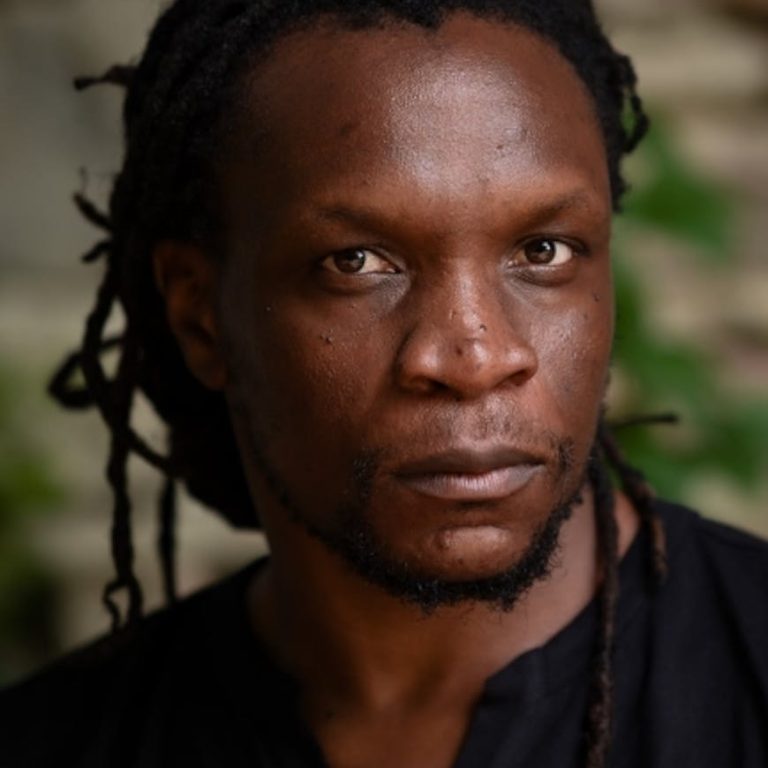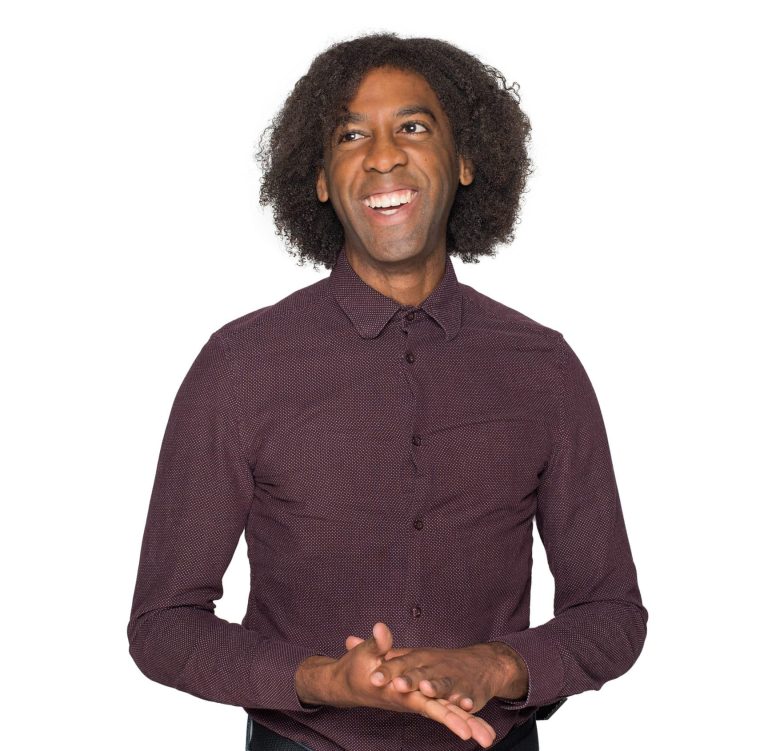While we await the announcement of the 2020 Griffin Poetry Prize shortlist on April 7, 2020, let’s explore again the intriguing emotional effects of another of the softly surreal prose poems from the 2019 Griffin Poetry Prize winning poetry collection Quarrels by Eve Joseph.
Personification is a literary device that imbues a inanimate or non-human…
While we await the announcement of the 2020 Griffin Poetry Prize shortlist on April 7, 2020, let’s explore again the intriguing emotional effects of another of the softly surreal prose poems from the 2019 Griffin Poetry Prize winning poetry collection Quarrels by Eve Joseph.
Personification is a literary device that imbues a inanimate or non-human entities – objects, creatures, ideas or concepts – with human qualities. As this author’s resource explains, using the device “connects readers with the object that is personified. Personification can make descriptions of non-human entities more vivid, or can help readers understand, sympathize with, or react emotionally to non-human characters.”
That’s not the literary device Joseph is using in this poem, where the narrator’s mother is depicted initially as a white bedsheet. Chremamorphism gives the attributes of an inanimate object to a person (and zoomorphism attributes animal qualities to a person). As Joseph’s narrator’s mother is “chremamorphed”, what effect is the poet creating?
If personification deepens sympathy or human connection, does chremamorphism achieve the opposite? In this case, is the mother being held at arm’s length, made impersonal, unsympathetic? On the contrary, the bedsheet seems to be a formidable and enveloping force. When the mother becomes a person again midway through the poem, she continues to be a source of instruction, wonderment and solace.
The narrator’s mother is clearly extraordinary. The emotional effect of seeing her take different forms is both comforting and powerful.



